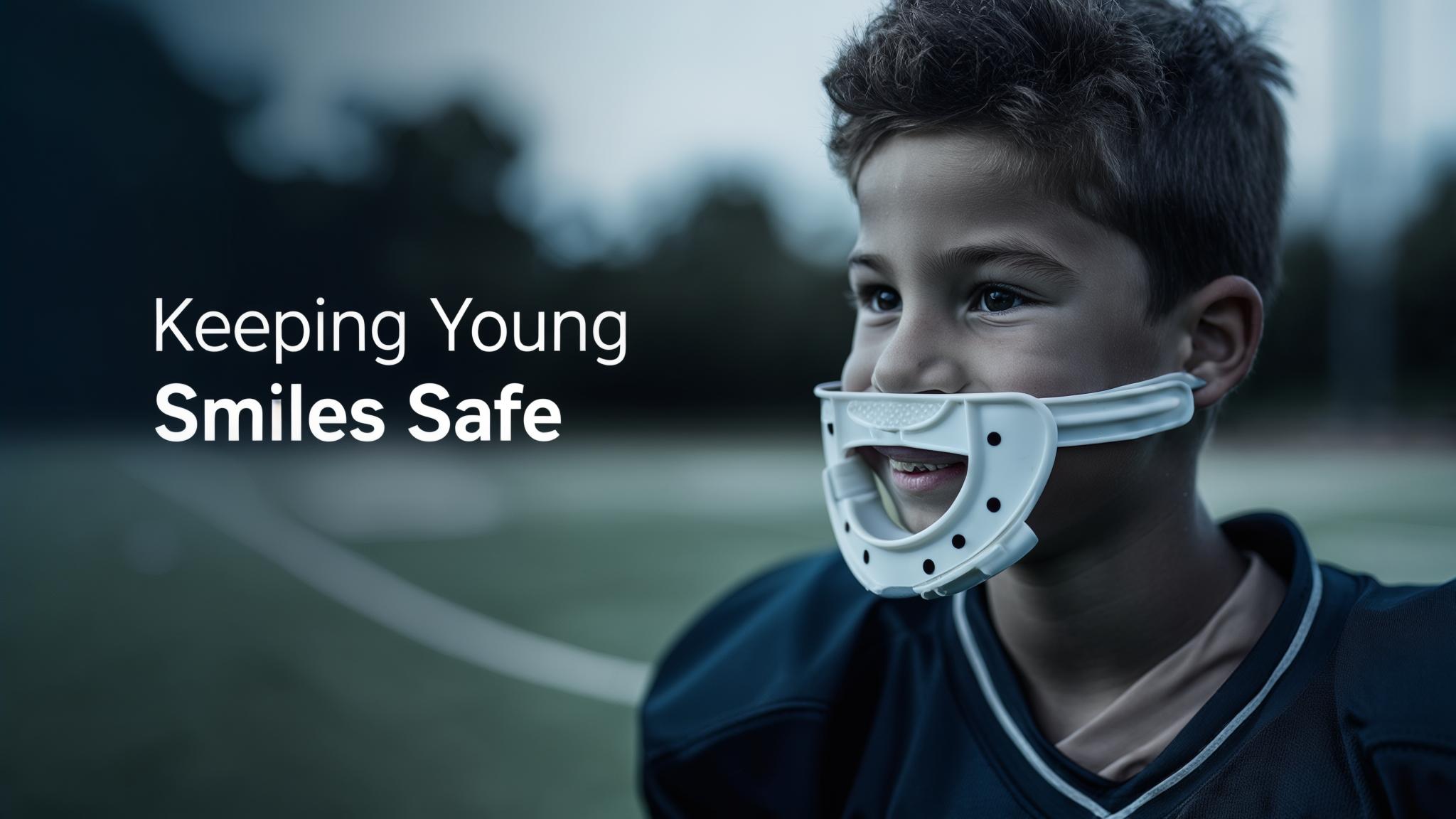Children's Participation in Sports
Children across the globe are increasingly participating in sports, from soccer and basketball to gymnastics and martial arts. These activities offer numerous benefits, including physical fitness, teamwork, and discipline. However, they also pose certain risks, particularly when it comes to dental health. Young athletes are at a higher risk of dental injuries, which can have lasting effects if not properly addressed.
The purpose of this article is to help parents and guardians understand how to prevent sports-related dental injuries. We'll explore the use of mouthguards and the importance of safe play practices to keep your child's smile intact.
Understanding Sports-Related Dental Injuries
Common Types of Dental Injuries
When children engage in sports, they're susceptible to various dental injuries. Chipped or broken teeth are common, often resulting from direct hits or falls. Knocked-out teeth, also known as avulsed teeth, can occur during high-impact sports. Additionally, soft tissue injuries to the gums, lips, and cheeks are not uncommon.
Statistics on Dental Injuries
Statistics show that a significant percentage of dental injuries in children occur during sports activities. According to the American Dental Association, athletes are 60 times more likely to suffer harm to the teeth when not wearing a mouthguard.
Long-term Consequences
Untreated dental injuries can lead to long-term issues such as misalignment, chronic pain, and even loss of teeth. Early intervention and prevention are crucial to maintaining oral health and preventing these complications.
The Role of Mouthguards in Preventing Dental Injuries
Definition and Purpose
Mouthguards are protective devices worn over the teeth to prevent injuries. They cushion the blow from physical contact, reducing the risk of broken teeth and injuries to the lips, tongue, face, or jaw.
Types of Mouthguards
- Stock Mouthguards: Pre-formed and ready to wear, these are inexpensive but often bulky and less comfortable.
- Boil-and-Bite Mouthguards: These offer a better fit than stock mouthguards. They are softened in boiling water and then shaped around the teeth.
- Custom-Fitted Mouthguards: Made by a dentist, these provide the best fit and comfort but are usually more expensive.
Benefits of Using Mouthguards
Wearing a mouthguard not only protects against dental injuries but also reduces the risk of concussions. Additionally, they can enhance performance and confidence, allowing young athletes to focus on their game without fear of injury.
Guidelines for Choosing and Using Mouthguards
Factors to Consider
When selecting a mouthguard, consider the fit and comfort, ensuring it is snug without being restrictive. The material and durability are also important, as is the age and size of the child to ensure proper protection.
Proper Care and Maintenance
To keep mouthguards effective, clean them regularly and store them in a ventilated container. Check for wear and tear frequently and replace them when they become worn out.
When to Replace Mouthguards
Mouthguards should be replaced if they show signs of wear, if the child experiences significant dental changes, or if they no longer fit properly.
Promoting Safe Play Practices
Importance of Proper Training and Supervision
Ensuring children are properly trained and supervised during sports can significantly reduce the risk of injuries. Coaches and parents should encourage safe playing techniques and enforce rules that protect players.
Educating on Risks
Education is key. Coaches, parents, and children should be informed about the risks of dental injuries and the importance of wearing protective gear, including mouthguards.
Role of Dentists in Sports-Related Dental Injury Prevention
Dentists play a crucial role in preventing sports-related dental injuries. Regular dental check-ups and assessments can help identify potential risks early. Dentists can also educate families about the importance of mouthguards and provide custom options for the best protection.
Conclusion
Preventing sports-related dental injuries is vital for maintaining the health and confidence of young athletes. Parents should prioritize dental safety by ensuring their children wear mouthguards and follow safe play practices. Schedule regular dental check-ups and discuss mouthguard options with your dentist to keep your child's smile safe.
References
For further information, consult credible sources such as the American Dental Association and other relevant dental organizations that provide guidance on sports-related dental injuries and mouthguards.

